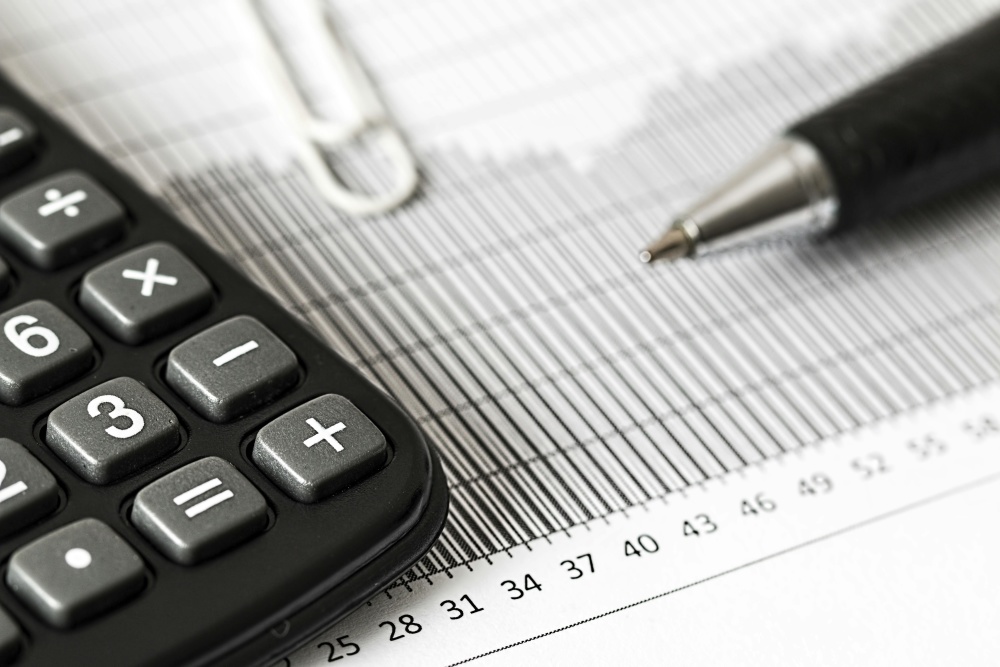Updated December 20, 2024
Understanding Payroll Practices in Japan: A Comprehensive Overview
Japan is known for its meticulous work culture, and understanding the payroll system is a key part of fully understanding how the Japanese employment landscape functions.
Whether you're moving to Japan for work, considering an expansion into the Japanese market, or you’re simply curious about how payroll in Japan works, this guide will give you a comprehensive overview of how salary, paydays, deductions, and bonuses are handled here in Japan.
Let’s start by explaining the typical payday schedule in Japan.
In this article: 📝
Payroll in Japan: How Often Do Japanese Get Paid?
One of the most common questions for anyone starting a job here is when is the salary day in Japan?
In contrast to some other countries where biweekly payments are more common, Japanese employees are generally paid once per month. The predictability of a monthly payday is often preferred as it aligns well with expenses like rent and utilities, which are also billed and paid on a monthly basis in Japan.
The pay day in Japan is usually set for the 25th of each month, but some companies might designate a different day, such as the last day of the month or the 15th. If the scheduled payday falls on a national holiday, the payment is typically made on the preceding business day.
So, it's important to confirm with your employer to understand when exactly you will receive your pay.
Salaries in Japan are required by law to be paid at least once per month, but more frequent payments are also allowed. The employer can choose to make daily, weekly, or bi-weekly payments, so it all depends on your individual employment contract.

Japan Bonus Day Period: The “13th Salary” and Bonuses
Nowadays, many modern companies in Japan use the monthly payment system, meaning 12 payments a year.
However, some companies that are on the traditional side have a “13th salary”, which you may have already heard of if you’ve been on a job hunt in Japan long enough.
This 13th salary is essentially a bonus that’s provided to employees as a summer gift from late June to late July or as a year-end/Christmas bonus in December. Some companies even provide both summer and winter bonuses.
It’s good to note that these bonus payments aren’t usually made on the same day as salary paydays. Also, bonuses are often calculated based on company performance and individual contributions, and the amount one earns in bonuses can vary significantly from year to year.
First Payday For a New Job: How Many Days Until You Get Your First Paycheck?
Typically, new employees will receive their first paycheck at the next regular payday after they start.
This means that if your employment starts mid-month, you may have to wait until the 25th or the end of the following month to receive your wages, depending on the company's payroll schedule. This first paycheck is usually prorated based on the number of days worked during that initial period.
Proration also applies if an employee leaves the company mid-month. An employee’s base salary can also be reduced for taking unpaid leave days or starting a long-term leave mid-month.
Salary Payment Methods: How Are Salaries Paid in Japan?
Salaries in Japan are most commonly paid via direct deposit to employees’ bank accounts. Cash payments are now rare, with electronic transfers being the standard method.
Recent advancements have also introduced new digital payment methods. For instance, it’s no secret that some companies have switched to making salary payments via PayPay.
The trend is relatively novel. While PayPay is currently the only digital platform officially approved by the government for such purposes, digital payments are gaining traction as an alternative to traditional bank transfers, especially among more modern companies, due to the increased flexibility and convenience they offer.

What’s Paid and What’s Deducted: What Is The Pay System in Japan?
The monthly pay slip in Japan can vary considerably from month to month because of additions like bonuses and deductions like social insurance.
Here’s a breakdown of the usual additional payments and deductions made to your base salary.
Additional Payments: Common Allowances
In Japan, companies often provide various allowances in addition to the base salary. Here are some popular allowances you may encounter:
Commuting Allowance: This allowance covers the cost of commuting between your home and workplace, whether by train, bus, or other means of public transportation. The allowance is usually calculated based on the employee's actual commuting expenses and may be capped at a certain limit depending on the specific company’s policy.
Holiday Allowance: On holidays, employees may receive additional pay as a holiday allowance. This is generally a higher rate compared to regular pay, often being at least 35% more than the standard hourly wage, depending on the company's policies and labor agreements.
Qualification Allowance: If the employee holds specific certifications or qualifications that are valuable to their role, they may be eligible for an extra qualification allowance. This allowance is intended to recognize the skills and expertise a well-trained and experienced employee can bring to the position, and the amount can vary significantly based on the type and relevance of the qualification.
Housing Allowance: Some companies offer a housing allowance to help cover rent, especially in large cities like Tokyo, where living costs can be high. This allowance can either be a fixed amount or a percentage of your monthly rent and is aimed at making housing more affordable for employees, especially those relocating for work.
So, What Deductions Will Be Made To My Salary?
There are several mandatory deductions that employers take from employee salaries in Japan. These include:
Health Insurance: This is a significant part of payroll deductions in Japan, ensuring employees are covered for medical needs. Health insurance premiums are calculated according to the insured person's income, such as their salary and bonuses, so it changes for each individual.
Workers’ Pension: A portion of your salary goes into the national pension system, providing financial support during retirement. The pension contributions are mandatory for all employees and are part of Japan's comprehensive Social Security system. The employee pension, known as Kosei Nenkin, as we talked about in another post, is supplemented by the basic national pension, Kokumin Nenkin, which ensures financial security for retirees.
Taxes: Income tax and resident tax are deducted based on your earnings and place of residence. Income tax is calculated based on progressive tax rates, meaning higher earnings lead to higher tax rates. Resident tax, on the other hand, is a flat rate that varies slightly depending on the municipality in which you reside. Both taxes are crucial for funding public services and infrastructure.
Unemployment Insurance: Unemployment insurance provides financial support in case of job loss. The insurance contributions are relatively small, but they provide crucial support during periods of unemployment, helping workers maintain a stable life standard while seeking new job offers.
There's one more deduction that's specifically for those over 40 years old, called “nursing care insurance” or Kaigo Hoken. This mandatory social insurance that addresses the social issue of Japan’s aging population is meant to relieve citizens from the challenging burden of elderly care.

In Closing: About Payroll in Japan
Understanding the payroll practices in Japan is essential for future employees. Monthly paydays, detailed deductions, and various allowances are all part of Japan's structured approach to payroll, and though it might seem complex at first, you'll eventually get the hang of it.
As I mentioned, the payday in Japan is usually the 25th of the month, but it can also be bi-weekly, weekly, or even daily.
Those asking, “How long do you have to wait to get your first paycheck?” will be pleased to know that new employees receive their salaries on the next payday after they start.
This concludes our guide to payroll in Japan. For more information on Japanese employment, consider reading our posts on navigating employment contracts in Japan and job-type vs. membership-type employment after this.
Get Job Alerts
Sign up for our newsletter to get hand-picked tech jobs in Japan – straight to your inbox.







